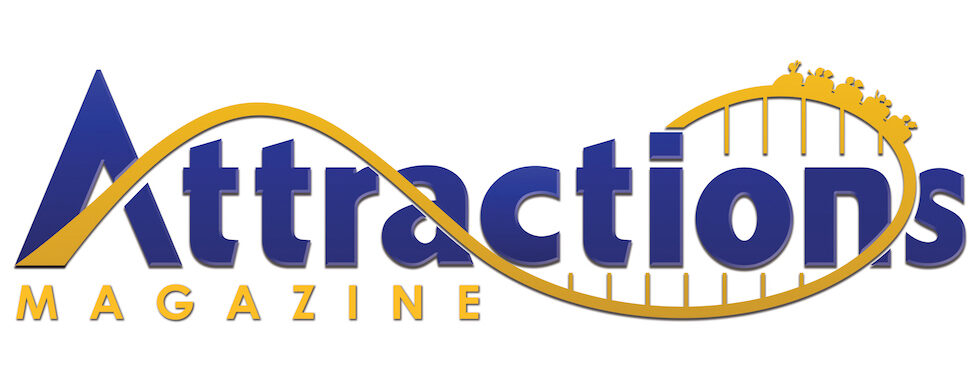Theme parks could be safer than your local grocery store for avoiding COVID-19
In some states and counties, people are required to wear masks in public and practice social distancing. But even in those areas, some businesses simply do not enforce the rules. On the other hand, many have praised theme parks, like Universal Orlando Resort, for their safe practices and extensive cleaning processes, including taking the temperature of every guest — something most grocery stores don’t do. We asked you, our readers, what you thought about safety measures in theme parks and at essential grocery stores.

We wanted to get an initial pool of thoughts and see if you felt the theme parks had gone above other businesses in regards to COVID-19 safety protocols. Many of our Twitter followers voted in our poll below:
Seen here, out of 827 voters, more than 75 percent thought that Universal Orlando Resort felt safer than heading to a grocery store. Universal Orlando Resort requires all patrons to wear a face covering. Even guests with medical conditions that prevent them from wearing a face covering cannot enter the park without a form of face shield.

Universal has team members that specifically go around and make sure guests are social distancing. Guests are even walked to assigned tables in restaurants that used to be quick service self-seating.

For the locations currently open at Walt Disney World, SeaWorld, and Universal Orlando, free hand sanitizer is plentiful.

Increased cleaning has been very apparent on multiple trips to all three major Orlando theme park destinations.

While patrons at stores are required to wear masks, viral online videos have shown the backlash of employees trying to enforce these rules.

Even though social distancing markers are not in most major walkways, Disney, Universal, and SeaWorld all have markings in dining locations, merchandise shops, and ride queues. Some popular locations also have employees keeping count of patrons to keep the capacity low.

But, even with safety precautions, going to a theme park is not essential like a grocery store visit could be for some. Having lots of physical contact with ride vehicles could also increase contact-transfer of diseases more than at a grocery store.

Roller coasters and theme park food can be awesome, but they are not a necessary stop like a visit to a Walmart or Publix could be. Of course, the best way to stay safe is to just stay home and have your groceries delivered.

Many of the parks have been experiencing shorter waits and more virtual queues times, even with the lowered park capacities.

We asked the opinion of our “In the Loop” columnist Andrew Guinigundo, who also happens to be an MSN, RN, CNP, ANP-BC adult ambulatory care specialist:
“Theme parks, where all are required to wear a mask and have their temperature checked, may indeed carry a lower risk of viral transmission compared to a place like a grocery store where at times, less than half of the patrons are wearing masks,” said Guinigundo. “Additionally, despite the higher number of park-goers, they are spread over a larger, open acreage versus an enclosed mere tens of thousands of square feet of an average grocery store. Items within the grocery store are arranged tightly on shelves in aisles. Maskless shoppers could be talking, coughing, and sneezing on items they do not purchase. While the CDC has said that viral transmission via inanimate objects is less likely due to minimal viral load, it is still possible.”

Overall, it comes down to personal choice. You risk exposure to COVID-19 every time you go to a public place. While theme parks are not essential, many do see them as a safe place to visit. That is not always the case for grocery stores or other businesses.
We want to know your opinion. Are theme parks, with their extensive cleaning and rules, more safe than going to a store? Should theme parks be open at this time? Is there a grocery store you feel safer at than the parks? Let us know in the comments below.

